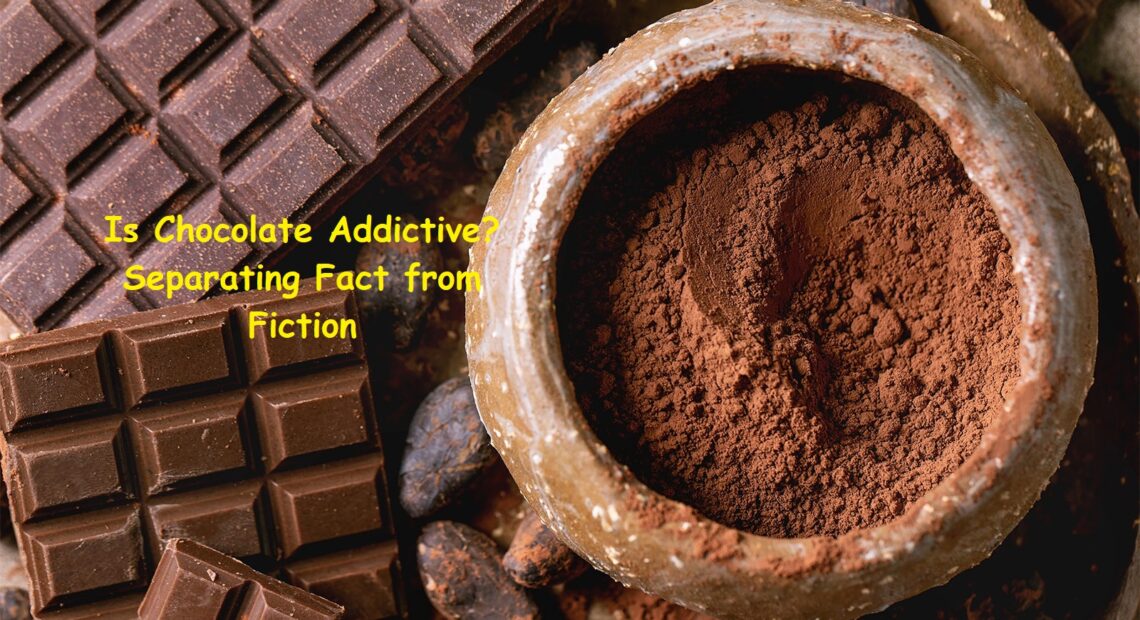Is Chocolate Addictive? Separating Fact from Fiction

Chocolate has long been a beloved treat enjoyed by people all over the world. From delectable bars to creamy truffles, its rich flavor and texture have captivated our taste buds for centuries. But as with many indulgent delights, there’s a common question that arises: is chocolate addictive? In this blog, we’ll delve into the science behind chocolate and its potential addictive properties, aiming to separate fact from fiction.
Understanding the Pleasure Response:
To comprehend whether chocolate can be considered addictive, it’s essential to grasp the science behind our brain’s pleasure response. When we consume chocolate or engage in any pleasurable activity, our brain releases neurotransmitters like dopamine and endorphins. These chemicals create a sense of happiness and contentment, reinforcing the behavior that led to their release.
Potential for Psychological Craving:
While chocolate doesn’t contain any addictive substances like nicotine or opioids, some individuals may experience psychological cravings for chocolate due to its pleasurable effects on the brain. This craving doesn’t necessarily indicate addiction in the same way as substance abuse but rather suggests a preference for the taste and emotional satisfaction chocolate provides.
Compounds in Chocolate:
Chocolate does contain certain compounds that can influence mood and emotions. For instance, theobromine, a stimulant similar to caffeine, might contribute to the uplifting feeling some people experience after eating chocolate. Additionally, chocolate contains small amounts of phenylethylamine, often referred to as the “love hormone,” which can trigger feelings of euphoria. However, the concentrations of these compounds in chocolate are relatively low compared to other substances.
Moderation is Key:
The key to enjoying chocolate without any adverse effects lies in moderation. Like many treats high in sugar and fat, excessive consumption of chocolate can lead to weight gain and other health issues. It’s crucial to balance chocolate intake with a healthy diet and active lifestyle.
Breaking the Habit:
If you find yourself reaching for chocolate excessively or feel like you might have developed an unhealthy habit, consider seeking support to break the pattern. Behavioral therapy or talking to a mental health professional can be helpful in addressing any underlying emotional or psychological triggers.
While chocolate doesn’t contain addictive substances in the traditional sense, it can create a sense of pleasure and satisfaction that may lead to psychological cravings in some individuals. Understanding the science behind the brain’s response to pleasure can help us appreciate chocolate in a balanced and mindful way. Remember, enjoying chocolate responsibly as part of a healthy lifestyle is the key to savoring its deliciousness without any negative consequences.
Picture Courtesy: Google/images are subject to copyright








